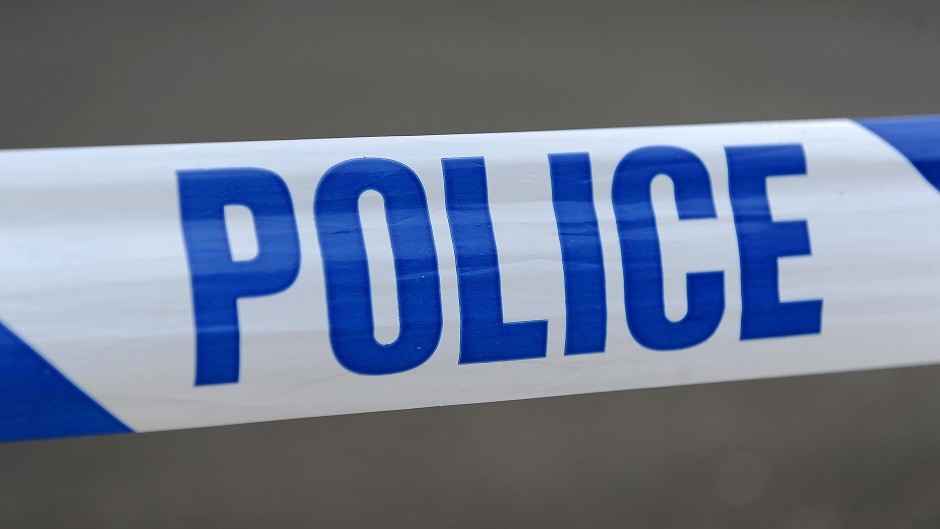The Scottish Government is under fresh pressure to try and scrap charges to call a non-emergency police telephone number.
Cross-party MSPs said they did not think the public should be expected to pay a flat 15p rate – day or night from landlines and mobiles – to phone Police Scotland’s 101 line.
Labour’s Richard Baker claimed making the service free would stop people from making inappropriate 999 calls.
Justice Secretary Kenny MacAskill said the 101 number meant the cost of a non-emergency had been standardised across the UK for the first time.
“Neither the police or the Scottish Government receive money from calls to 101,” he added.
“The 15p cost of the call goes to the telephone providers to cover the cost of carrying the calls.
“The charge per call to the 101 number was set and is regulated by the Home Office.”
Mr Baker said he hoped that the Scottish and UK governments would work together to “see if this charge could be removed”.
“The only people who are benefiting from the cost of these calls are the providers and I would have thought it would be a matter of corporate social responsibility that they should not be charging for them,” he added.
Skye, Lochaber and Badenoch SNP MSP Dave Thompson said he was “instinctively against” people having to pay to call the police.
“It is not a huge sum given it is a flat rate but I would prefer if there was no charge,” he added.
“If the financial situation improved I think it would be worth looking at the government bearing the cost of that rather than the public.”
A spokeswoman for Police Scotland said the force did not make any money from 101 calls.
“There has always been a charge associated with making a non-emergency call to the police,” she added.
“Police pay a pence-per-minute rate for all calls on 101 and the estimated annual charge for this is £36,000, based on 25p per minute.”
The Home Office said research by regulator Ofcom showed that a small fixed charge did not deter people from calling the service and reduced the likelihood of it being used inappropriately.
A spokeswoman said the 15p rate was competitive compared to previous police non-emergency numbers which could cost the public up to 40p a minute from mobile phones.
“The 101 number makes it easier for the general public to report crime and supports the police to efficiently and effectively tackle crime and disorder,” she added.
